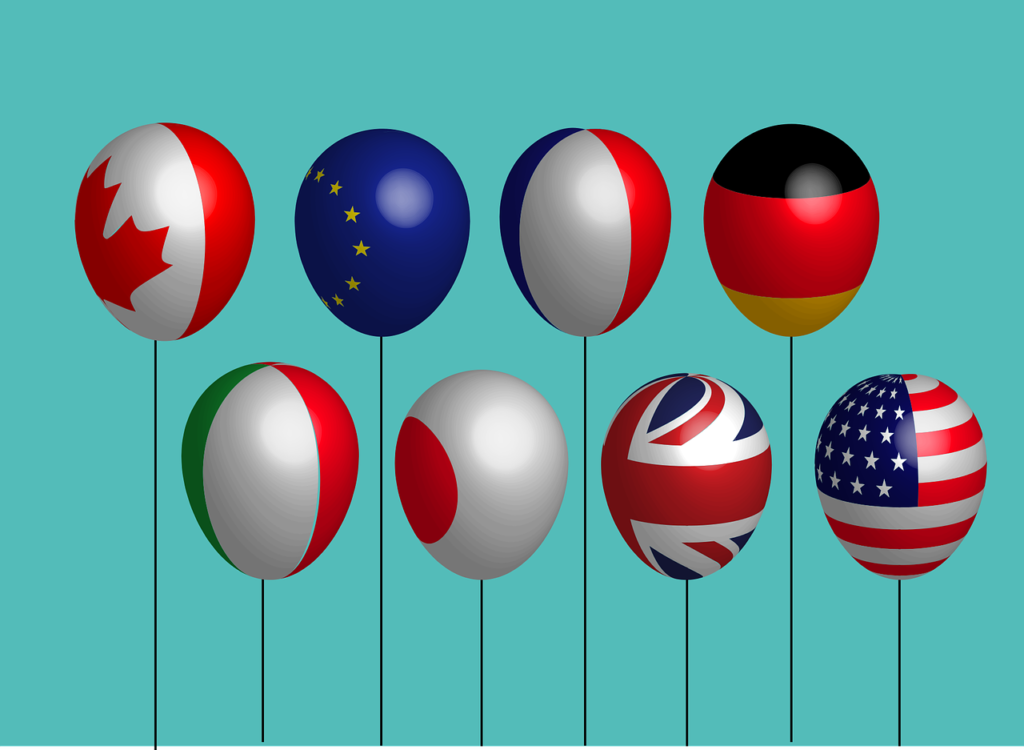Nowadays, we hear more and more about diplomacy and not always in the right way. When this term is called into question, the first thing to say is that it derives from the Greek diploun, literally translated as “to folded in two”. In the Roman world, on the other hand, the word diplomas was used to refer to official documents aimed at conferring privileges or signing agreements. These quick nods make one understand, broadly speaking, what is behind diplomacy. According to official definitions, when one speaks of diplomacy one considers the art of dealing and managing international political affairs, all on behalf of a state entity.
Remaining in a modern perspective – according to some theories, a very primordial form of diplomacy was even born in prehistoric times, when our ancestors sent emissaries to neighboring tribes to avoid armed conflicts – one can speak of diplomacy taking into consideration all those relations that, by necessity, a state must maintain with other subjects of law, from foreign nations to various entities. Diplomacy as we know it today was born in the Renaissance. Among its finest connoisseurs, we can include the Florentine Niccolò Machiavelli. Very important, at this point, is to dwell a little on the characteristics of the figure of the diplomat.
What does the diplomat do?
To understand even better what diplomacy is, especially in the current international context, it is good to dwell for a moment on the peculiarities of the career of the diplomat. The function of this figure, remaining within a traditional framework, is to manage the international relations of the country to which he belongs. There is also another area that deserves attention. We are talking, specifically, about all those tasks related to services to citizens at home and abroad.
To enter more specifically into these last aspects, we remind you that those who perform diplomatic functions are required to protect the interests of their fellow countrymen, to ascertain their ability to exercise their right to vote abroad and to provide assistance to companies. Those who work in the world of diplomacy are also responsible for issuing visas, an activity that is becoming increasingly important as the mobility of citizens of a given country increases and as international trade exchanges intensify which, in some cases, require the stay of professionals and politicians in foreign countries.
In conclusion, let us remember that diplomatic careers have different degrees. The lowest is the Secretary of Legation. The highest, instead, is the Ambassador.





